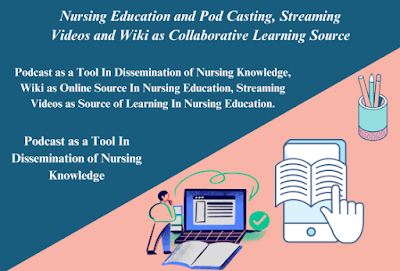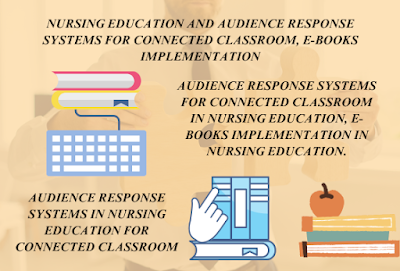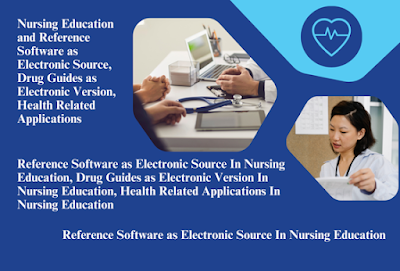The Role of Clinical Practicum in Nursing Education
The The Role of Clinical Practicum in Nursing Education. The primary objective of clinical internships is learning through practice—the application of knowledge and skills acquired in class to patient care. The The Role of Clinical Practicum in Nursing Education Clinical internships are an important part of nursing education. They provide students with practical experience to … Read more









